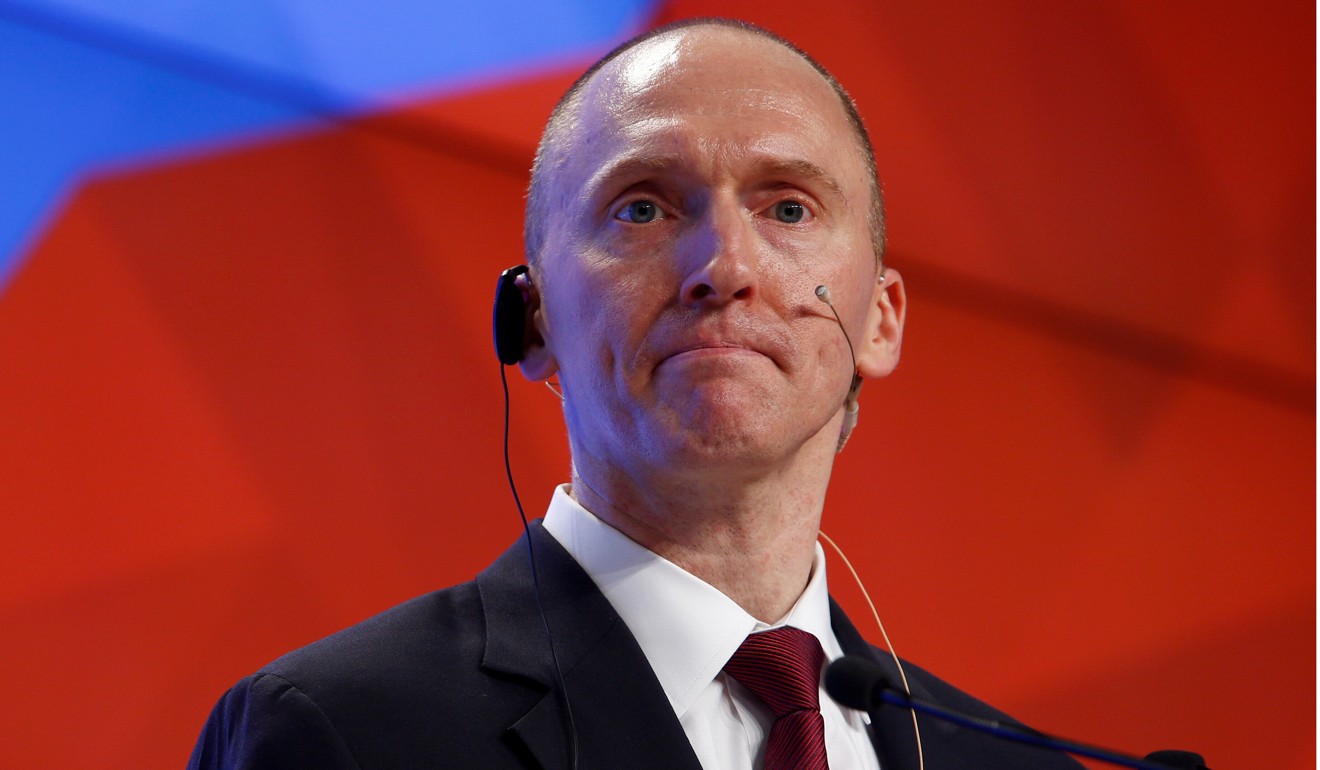
Trump makes the Democrats grimace, but maybe the Republicans shouldn’t smirk
Niall Ferguson says jobs and wages numbers gave Trump and the Republicans good reason to smile at Democratic discontent during the State of the Union address, but the economic fortunes boosting the Trump team may be soon to run out
House Democratic leader Nancy Pelosi was a portrait of acute discomfort. New Jersey Senator Cory Booker was shooting for gold in the frown Olympics.
US President Donald Trump delivers his first State of the Union address
Was Trump’s State of the Union speech his 2020 campaign audition?
Three-quarters of viewers approved of the speech, according to a CBS News poll. Two-thirds said it made them feel “proud”. If they were lapping this up, the Democrats were right to look agonised. Five weeks ago the Dems led 50 per cent to 37 per cent in the generic ballot that offers a rough indication of who will win November’s congressional elections. Their lead is now down to 46 per cent to 41 per cent.
If these trends continue, Republicans might just beat the traditional curse of incumbency, in which a new president’s party does badly in the midterms. If they continue another three years, Trump 2020 ceases to be an impossibility.
Could Donald Trump face a primary challenge from Republican opponent during 2020 re-election bid?
Wilting US dollar may derail the boom in emerging markets
It seems odd that the application cited as corroboration a story in Yahoo News for which Steele himself was the source. It seems odd that Steele was in direct contact with then-associate deputy attorney general Bruce Ohr and that Ohr’s wife was employed by Fusion GPS. All these people, plus FBI agent Peter Strzok and FBI lawyer Lisa Page, seem to have been pretty keen to see Trump lose to Clinton.

US President Donald Trump says Republican memo vindicates him in Mueller’s ‘witch hunt’ Russia investigation
I still don’t think it’s Watergate. Nor do I think the economy is heading for Richard Nixon-style “stagflation”. Still, look carefully at the facial expressions of leading Republicans over the coming days. Democrats may not be smiling, but they won’t be the only ones grimacing.
Niall Ferguson is Milbank Family senior fellow at the Hoover Institution, Stanford

